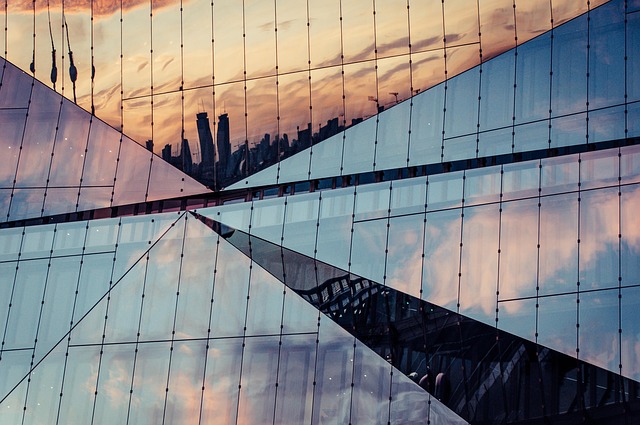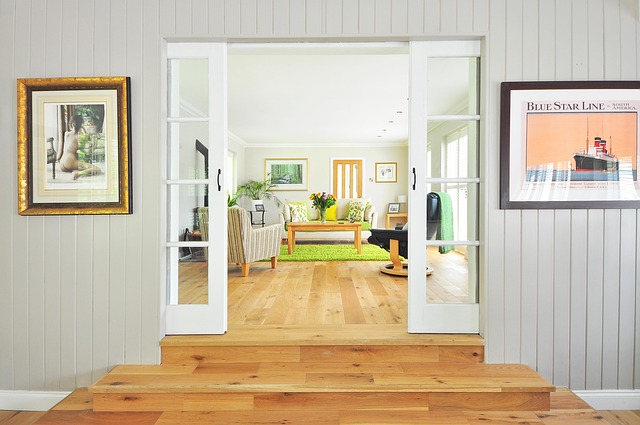In the ever-evolving world of architecture, the concept of flexible space stands at the forefront of innovation, inviting us to rethink how built environments interact with our lives. Gone are the days when rooms were rigidly defined by a single purpose. Today’s designs emphasize adaptability, recognizing that spaces must evolve alongside the people who inhabit them.
Imagine a living area that effortlessly transforms from a cozy lounge into a dynamic home office, or a dining room that expands to accommodate gatherings of various sizes. This fluidity not only maximizes every inch of a structure but also fosters a sense of freedom and creativity. The architecture itself becomes a responsive partner, embracing change rather than resisting it.
This approach mirrors our modern lifestyle — fast-paced, unpredictable, and multifaceted. Families grow, work styles shift, and social needs fluctuate. Flexible space meets these challenges by offering versatility without sacrificing aesthetic appeal or comfort. Sliding walls, modular furniture, and multi-functional zones are just a few strategies architects employ to craft environments that breathe with life.
Beyond practicality, there is an emotional resonance to flexible spaces. They provide a canvas for personal expression, allowing occupants to redefine their surroundings in a way that supports their unique routines and aspirations. This dynamic interaction between human and habitat creates a deeper connection to the home or workplace, nurturing well-being and satisfaction.
As we continue to embrace sustainability and smarter urban living, flexible spaces also contribute to resource efficiency by reducing the need for frequent renovations or additional constructions. They promote a mindset of thoughtful utilization, where every area is valued for its potential rather than its initial designation.
In essence, the movement toward flexible space within modern architecture is more than a design trend—it is a philosophy that celebrates adaptability, resilience, and the profound ways our environments shape our daily experience. As architects and inhabitants alike champion this fluid model, they participate in an exciting redefinition of space that prioritizes freedom, function, and human connection.




